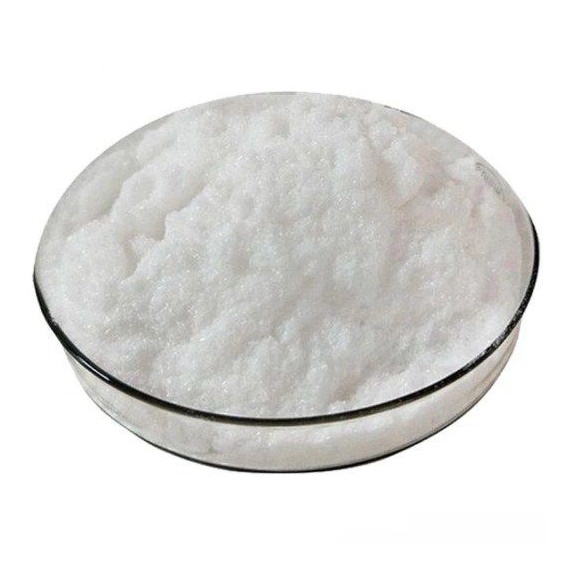Sales hotline
Sales hotline


CAS number:68441-17-8
molecular formula:C51H102O21Si2
molecular weight:0
EINECS number:614-498-8
POLYETHYLENE, OXIDIZED;Ethene,homopolymer,oxidized;oxidizedpolyethylene;Ployoxyethylene;POE;POLYETHYLENE OXIDIZED ACID NUMBER 17;POLYETHYLENE OXIDIZED LOW MOLECULAR &;OXIDIZEDPOLYETHYLENEWAXES
polyethylene glycol and polyethylene oxide; chemical products-organic chemicals; traditional Chinese medicine reference substances; chemical raw materials; biochemical reagents-polymers; organic raw materials; organic chemical raw materials; synthetic Chemicalbook material intermediates; Polymers; chemical materials; additives; high Molecular materials-polyethylene glycol and polyethylene oxide; organic chemicals; material intermediates; catalysts and additives
Polyethylene oxide is a linear polyether. According to the degree of polymerization, it can be liquid, grease, wax and solid powder, white to slightly yellow. The n of the solid powder is higher than 300, the softening point is 65-67 °C, the embrittlement point is -50 °C, and it is thermoplastic; the low relative molecular mass is a viscous liquid, soluble in water.
| Melting point | 87-140 °C |
| Density | 0.93 g/mL at 25 °C |
| Flash point | >254℃ |
● It is a non-ionic linear polymer with water-soluble and thermoplastic properties. It has the properties of flocculation, thickening, sustained release, lubrication, dispersion, retention, water retention, etc. It is non-toxic and non-irritating. It is widely used in papermaking, paint, ink, textile printing and dyeing, daily chemical and other industries.
● A non-ionic linear polymer with water-soluble and thermoplastic properties, products with a relative molecular mass of 200-20000 are called polyChemicalbook ethylene glycol (PEG). They are viscous liquids or waxy solids with a molecular relative mass greater than The 1x105 product is called polyethylene oxide (PEO), which has a lower concentration of active end groups and no significant end group activity. It has the properties of flocculation, thickening, slow release, lubrication, dispersion, retention, water retention, etc. It is non-toxic and non-irritating. It is widely used in papermaking, paint, ink, textile printing and dyeing, daily chemical and other industries.
Sales hotline:

 Scan and consult wechat customer service
Scan and consult wechat customer service